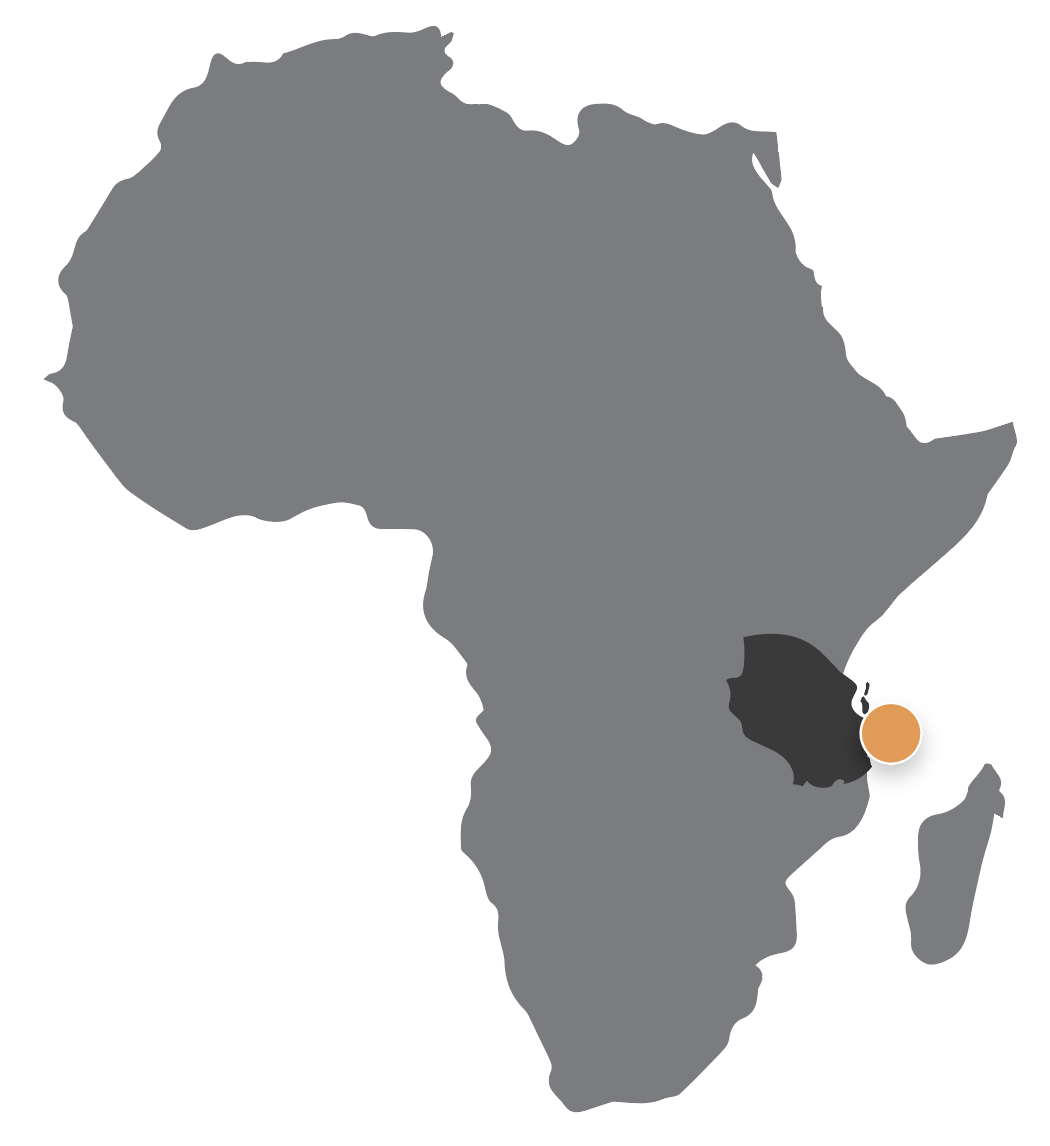Nearly one acre of forest is lost every second
37M+ ACRES SAVED
Thanks to generous support from our donors, we have successfully reached our fundraising goal for this project!
Safeguard Vital Marine Species
Safeguard A Vibrant Coastal Island
Rainforest Trust needs your help to safeguard a critical area on the Tanzanian island of Zanzibar, off the coast of East Africa. Formed during the last ice age over 2 million years ago, this tropical island hosts coastal forests, mangroves and beaches that provide habitat for a wealth of endemic species.
For centuries, the beauty of the region has been enjoyed for its spectacular beaches and unique wildlife. Now, nearly a quarter of this land has been converted to hotels and vacation homes, leaving little room for what makes the island special. Header Photo: The Endangered Zanzibar Red Colobus, by Steffen Foerster.
COUNTRY
Tanzania
ACRES
2,000
COST PER ACRE
$138.07
SPECIES
Zanzibar Red Colobus (EN), Hawksbill Turtle (CR), Zanzibar Giant Forest Grasshopper (CR), Green Turtle (EN)
(CR)=Critically Endangered, (EN)=Endangered
ACRES PRESERVED BY
Designation
PARTNER
Wildlife Conservation Society
CARBON STORAGE
229,468 mT*
*(metric tonnes of CO2 equivalents)
Protect Critical Habitat for the Disappearing Zanzibar Red Colobus
The Endangered Zanzibar Red Colobus has been especially affected by increasing destruction, with much of it’s natural range highly fragmented. The species is a globally recognized conservation priority with just 6,000 individuals remaining.
We are working urgently with our partner, Wildlife Conservation Society (WCS), to establish the 2,000-acre Nongwe-Pengleni-Vundwe Forest Reserve which will provide protection for nearly 11% of the primates’ population.
This project will also safeguard other endemic and vulnerable species including the Hawksbill Turtle (CR), Zanzibar Giant Forest Grasshopper (CR), Green Turtle (EN), and Aders’ Duiker (VU).
Be a Part of Our Lasting Solution
Following designation, WCS will assist the government and local communities to develop a sustainable tourism program for the new reserve so nature can be enjoyed safely.
To ensure the land remains protected, our partner will also engage local communities to better understand natural resources use. These activities will underpin the development of a quality environmental education program for community members, schools and wildlife authorities. Above Photo: A Baby Green Turtle, by Magdalena Paluchowska; Below Photo: The Tanzania Landscape, by Ingus Kruklitis.
Project Location

Thanks to the generous support of our Board members and other supporters who cover all of our operating expenses, Rainforest Trust is able to allocate 100% of donations to conservation action. No board member receives financial benefit and our staff salaries are modest.
Rainforest Trust is a registered 501(c)(3) nonprofit organization.
Quicklinks
Headquarters
To Visit Us:
7200 Lineweaver Road
Suite 100
Vint Hill, VA 20187
For Mailings:
P.O. Box 841
Warrenton, VA 20188
To Call Us:
(800) 456-4930
EIN: 13-3500609
CFC #11257




